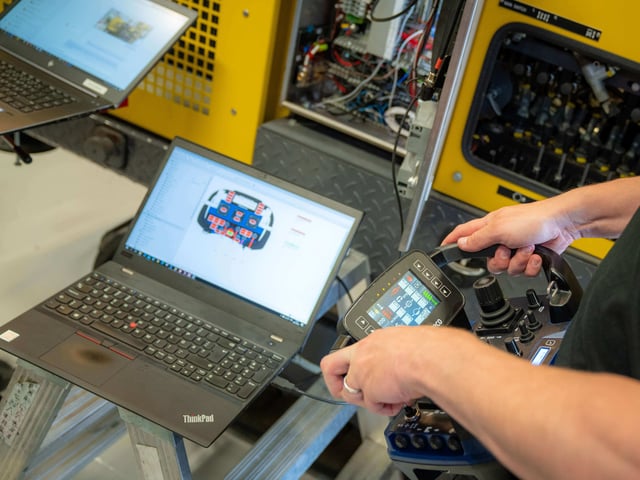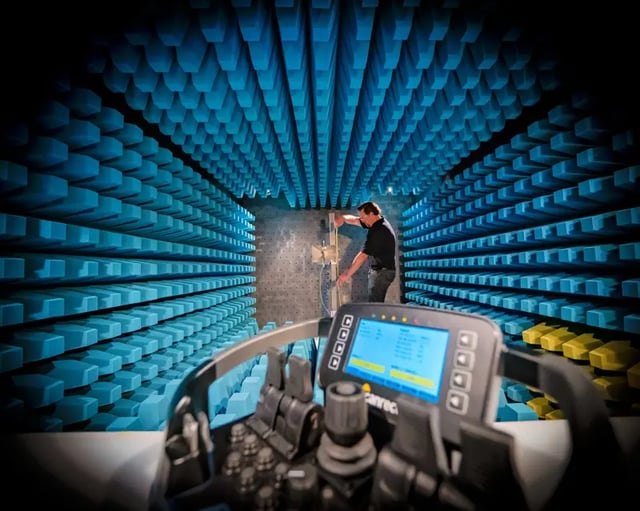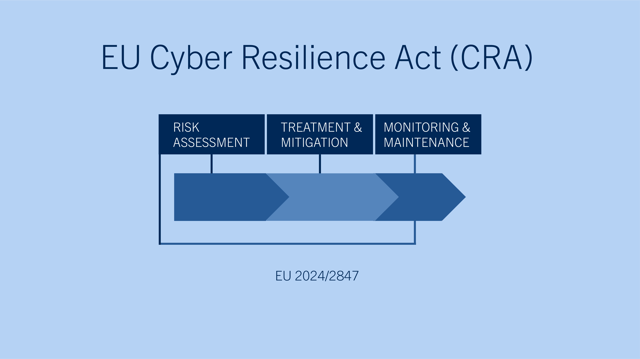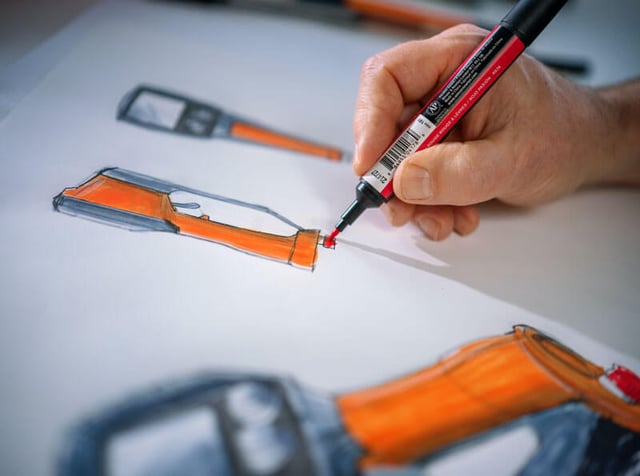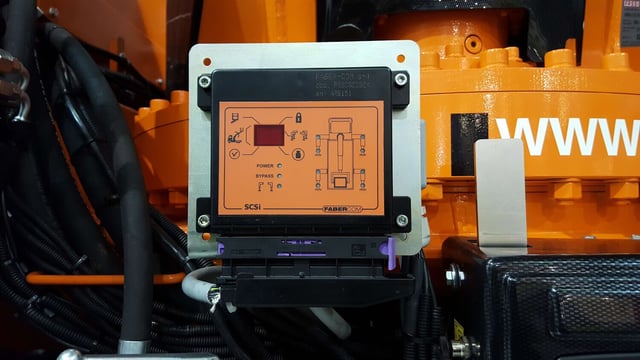Choosing the right radio remote control supplier is crucial for ensuring the efficiency and safety of your machinery operations. With numerous factors to consider, from product flexibility and adaptability to global compliance, making an informed decision can be overwhelming. This guide presents some key considerations such as customized solutions, functional safety, intuitive controls, and adherence to international standards, helping you look for the necessary answers.
Flexibility and Adaptability
When selecting a radio remote control supplier, it's crucial to consider the flexibility and adaptability of their products and technological platforms. Look for modular and adaptable platforms that are configurable to meet your specific application needs. For OEMs requiring a unique approach, look for end-to-end design processes.

Look for a supplier that can adapt their platform to work specifically for you.
Customized Solutions
Look for suppliers with experienced design and configuration engineers who can collaborate one-on-one with machine builders, or peers within your company. This ensures that the radio control solutions are optimized for specific machine implementations, meeting unique operational requirements.
Functional Safety
Safety should be at the forefront of any radio remote control system. Ensure that the supplier has a sharp focus on functional safety, especially if the systems are used for next-generation machinery or autonomous vehicles. The new EU Machinery Regulation 2023/1230 goes into immediate effect in January 2027 – ensure that your supplier knows how this affects their products and offerings.
Consider the level of support provided by the supplier, including technical assistance and after-sales service.
Intuitive and Rugged Controls
The usability of the radio remote controls is another critical aspect. Evaluate whether the controls are intuitive and rugged, capable of withstanding demanding environments while being easy to operate and quick to service. Look for a supplier that takes time to investigate in the operator’s needs and who have a good understanding for Human Machine Interaction (HMI).
Global Compliance
Safety and compliance are paramount not only in aspects such as health and safety when using the machine, but also in the global market. If you want to be able to export to other countries, verify that the supplier’s products meet international standards and regulations, ensuring they are suitable for use worldwide. The CE mark is a proof of the product or machine being compliant to the strict EU regulations. It is often accepted in other parts of the world as well. Hence, a CE marked product is exportable outside the EU, but a product or machine manufactured outside of EU may not be considered compliant for use within the EU.
Proven Track Record
A supplier with a history of developing solutions for a wide array of applications, along with regular updates and innovations, is likely to provide reliable and up-to-date technology.
Comprehensive Support
Finally, consider the level of support provided by the supplier, including technical assistance and after-sales service, to ensure smooth operation and maintenance of the radio remote control systems.
By considering these factors, you can make an informed decision and select a supplier that meets your specific needs for radio remote control systems.
